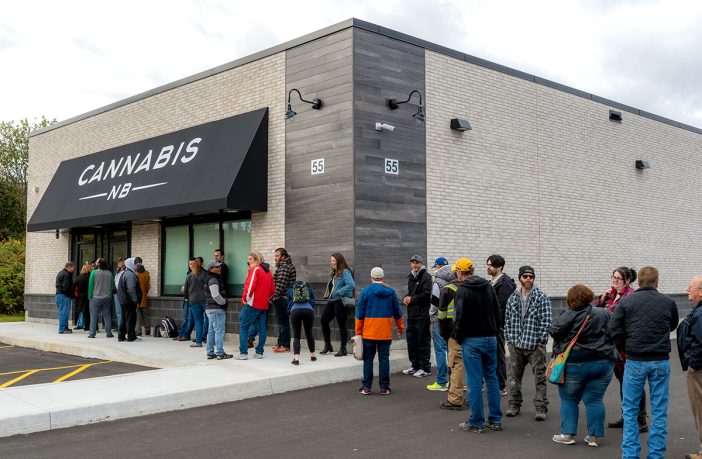New York’s cannabis industry was hit with yet another setback last month, this time by Albany Supreme Court Judge Sharon A. Graff when she granted an injunction temporarily prohibiting the Office of Cannabis Management (“OCM”) and Cannabis Control Board (“CCB”) from processing thousands of cannabis license applications. As a result, OCM and CCB are temporarily barred from processing all provisional adult-use retail dispensary applications that did not submit proof of a “municipally noticed secured location” by November 17, 2023.
Pursuant to Cannabis Law § 76, each adult-use retail dispensary applicant is required to secure a location for its dispensary and provide the governing municipality with notice at least 30 days prior to filing an application. Additionally, pursuant to Cannabis Law § 10(19), the initial adult-use retail dispensary application period “shall be opened for all applicants at the same time.”
The subject lawsuit was filed by Organic Blooms LLC, Niagara Nugget LLC, Blackmark LLC, and Windward Management LLC (“Petitioners”), all of whom are Adult-Use Retail Dispensary applicants who had secured actual locations for their dispensaries and served the required municipal notice at the time of their application submissions. Petitioners argued that OCM and CCB overstepped their authority under the Marihuana Regulation and Taxation act (“MRTA”) by creating an application process which allowed (i) certain applicants to apply without first satisfying the location and municipal notification requirements, and (ii) by not opening the initial application period to all applicants at the same time.
The Court agreed, finding that OCM and CCB’s deviation from the foregoing requirements likely violated state law. By Order entered December 13, 2024, OCM and CCB were enjoined from processing any applications for adult-use retail dispensaries where the applicant did not submit proof of a secured location and notice to a municipality on or prior to November 17, 2023.
After public concern over the confusion as to which applicants were affected by this injunction, the Court clarified its decision by a subsequent Order entered December 27, 2024, stating that the Court had not enjoined OCM and CCB from processing:
1. non-provisional applications (i.e., those who satisfied the location and municipal notice criteria);
2. Conditional Adult Use Retail Dispensary (“CAURD”) applications and other provisional license applications that satisfied the location and municipal notification criteria prior to November 17, 2023, even if the notifications were submitted fewer than the required 30-days prior to filing of the application, and even if the applicant subsequently lost control over their original location or their original location was not viable due to proximity limitations, and the applicant subsequently submitted a new location for review;
3. Public convenience and advantage requests for applicants from categories 1 and 2 above; and
4. Amendment requests, location approval requests, or other processing of already licensed entities (regardless of CAURD, provisional, or non-provisional status) whose licenses were approved prior to the issuance of the preliminary injunction.
On one hand, the Court’s decision makes sense. After all, the statutory language seems clear.
On the other hand, many CAURD and provisional applicants are rightfully frustrated and likely disagree. The injunction is a major pain point for them. They did everything pursuant to extensive OCM guidance. It is a harsh reminder that, despite MRTA’s best intentions, many in the industry are at a serious disadvantage for not having the resources to secure, and financially maintain, a retail location for the long period of time it takes to obtain a license.
The Court’s decision is not surprising to those familiar with the industry in New York. OCM and CCB have been warned by the public – and through prior lawsuits and injunctions – that their regulatory actions will be met with pushback. This litigation has resulted in the continued delay of licenses and harm to the very people that MRTA was meant to support.
This lawsuit, and the many others, should be a reminder to state agencies of the necessity and importance of complying with statutory requirements, regardless of the motivation behind a regulation. Despite OCM’s stated desire to create an industry built on equity and social justice, these injunctions are a constant blow to the very people they are aiming to help.
Applicants should keep a close eye on further developments in the Organic Blooms lawsuit and, if needed, speak with a professional in the industry to assist in determining your options and preparing a strategy.
If you have any questions or would like to discuss how the Organic Blooms lawsuit may affect your business, please feel free to contact us below:
Douglas F. Wasser, Esq.
516.663.6558
[email protected]
Brittany L. Adikes, Esq.
516.663.6535
[email protected]











